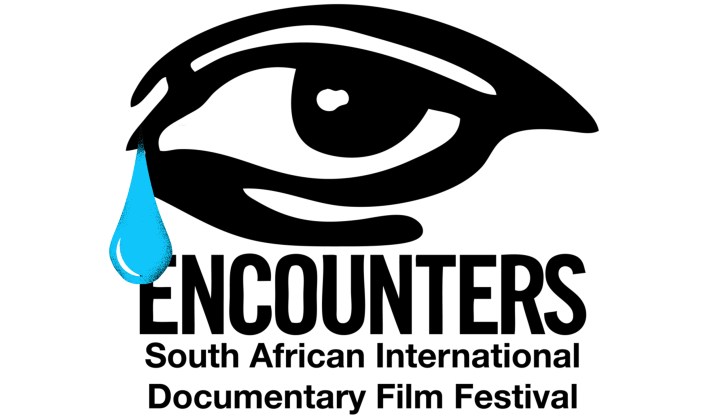Arts, Culture & Penury
Documentary festival encounters unexpected pulling of funding

Prior to the opening of the Encounters Documentary Festival, the National Film and Video Foundation (NFVF) declined an Encounters’ application for funding for the first time in over a decade. The foundation served as the main benefactor of the festival and its decision to withhold funding sent the Encounters team into crisis mode as the festival began last week.
On what was supposed to be the celebratory opening night to the 20th annual Encounters Documentary Film Festival, panic consumed the team of festival organisers.
“In its 20th year Encounters faces closure after the National Film and Video Foundation declined funding on opening night,” announced a statement from the Encounters team.
Encounters is an international documentary film festival that showcases the work of filmmakers in addition to organising industry programmes, masterclasses, and workshops for filmmakers hoping to expand their skillset and to network in the industry. The films screen in both Cape Town and Johannesburg theatres and the festival includes short films as well as full-length features.
The National Film and Video Foundation (NFVF) is not the sole funder for Encounters but it is the largest. NFVF remained a steady source of festival funding for 10 straight years.
The Encounters team planned this festival under the assumption that it would receive NFVF funding. While the festival organisers had not heard from NFVF until opening night, they had already included the presumed NFVF money into festival cost calculations.
Now, Encounters needs to raise R700,000 just to compensate for the lost NFVF funds.
“When we lose our core funder on the opening day of the festival that obviously causes a crisis,” said Encounters co-founder and current board member Steven Markovitz. “It came as a complete shock to us and was totally unexpected.”
“We are trying other means to ensure we can effectively fully implement this year’s festival,” said former festival director and current board member Mandisa Zitha.
These “other means” include a serious crowdfunding campaign to raise money from the public as well as reaching out to organisations and other chief funders. Zitha warned that while this urgent campaign will be used to enable this year’s festival to continue as planned, “it is not sustainable for the future”.
NFVF told Encounters about the funding decision in a confidential letter, and consequently, members of Encounters were limited in what information they could reveal to the media.
The reasons for refusing to fund the festival were “quite technical”, said Markovitz.
“They brought up criticisms of our proposal, but normally when you’re funding an organisation over many years you would expect that if there were certain aspects they didn’t agree with they could still fund other parts of the festival.”
Markovitz was unable to clarify this vague language, but a sense of betrayal was shared by Zitha.
“We’re really confused. We don’t understand the issues,” she admitted. “We feel like they could’ve brought the issues to us earlier, they understand our structure and programmes and we understand their priority areas so we really don’t understand [the decision to refuse funding].”
At the time of publication NFVF had still not responded for comment.
Zitha and Markovitz both believe that the NFVF relationship is reparable.
“NFVF is a really important partner for the future,” Zitha emphasised.
Markovitz revealed that Encounters “will be appealing the decision and will be engaging further on how we can get things back on track [with NFVF].”
Until then, Zitha, Markovitz, and the rest of the Encounters team will try to emphasise the importance of a festival like Encounters in order to garner support from the public.
Zitha feels that the festival “create[s] a space for conversations that people cannot have otherwise in such public platforms”.
The opening night documentary, Speaking Truth to Power, which chronicles South Africa’s first female Public Protector Thuli Madonsela’s final year in office, exemplifies this space.
According to Zitha, the festival’s international reputation, community outreach programmes, and sold-out shows, are all examples of how important Encounters is to the local and global documentary film community.
“When Encounters started 20 years ago the concept of having a documentary in cinema didn’t really exist,” said Markovitz.
“We’ve played an important role to help promote documentaries and give filmmakers an opportunity to engage with South African audiences.”
Markovitz believes that beyond the platform for filmmakers that Encounters provides, the impact documentaries can have on society is central to why it’s necessary to continue the festival. “Documentaries are a mirror to society and the more we can debate and reflect and engage with issues in society, the more we can mature as a democracy.” DM















 Become an Insider
Become an Insider